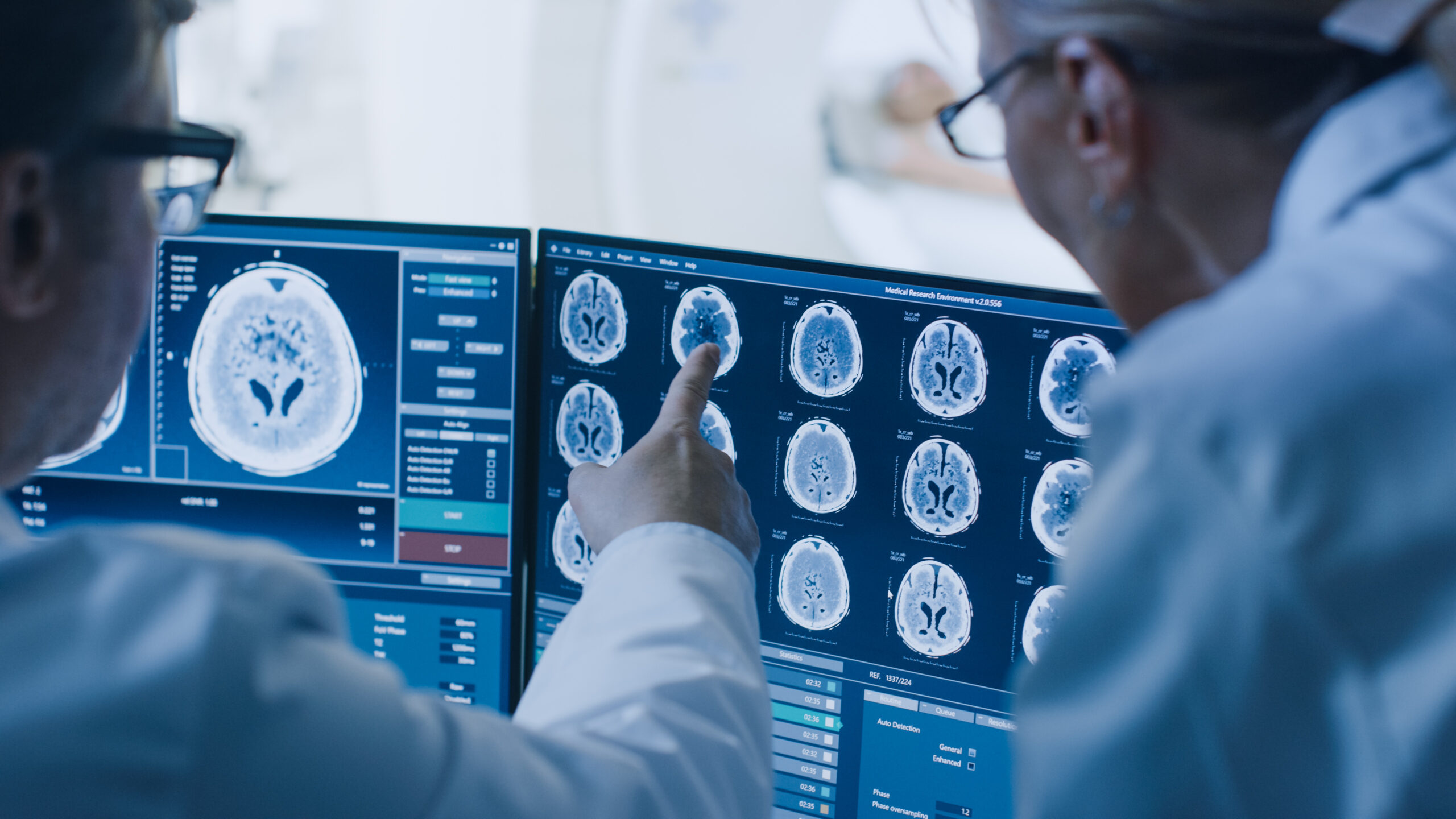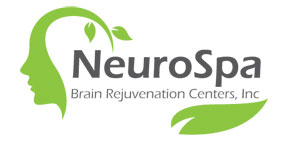
A Sample Patient in Focus
In a recent case, a patient underwent this comprehensive workup:
- MRI imaging revealed shrinkage in the hippocampus, the brain’s memory center.
- MoCA cognitive test showed major deficits in memory recall, visual-spatial reasoning, and executive function—scoring far below the normal threshold.
- qEEG analysis indicated excess slow-wave brain activity in memory-related regions, such as the precuneus and prefrontal cortex.
- Blood biomarkers, including the beta-amyloid 42/40 ratio, pointed to a high risk for Alzheimer’s.
This multi-layered approach helped confirm the patient’s condition and enabled a care plan to begin early—the key to slowing progression and preserving quality of life.
Why This Matters
We now have access to blood tests that measure Alzheimer’s-related proteins, like beta-amyloid and phosphorylated tau, as well as imaging technologies that detect early changes in brain structure and function. This means patients can get answers—and help—much sooner than before.
The Takeaway
With today’s tools, clinicians no longer have to rely on symptoms alone. We can diagnose cognitive decline with precision and act early to change the course of the disease. Whether for yourself or a loved one, don’t wait—early evaluation is now more accurate, accessible, and impactful than ever before.

